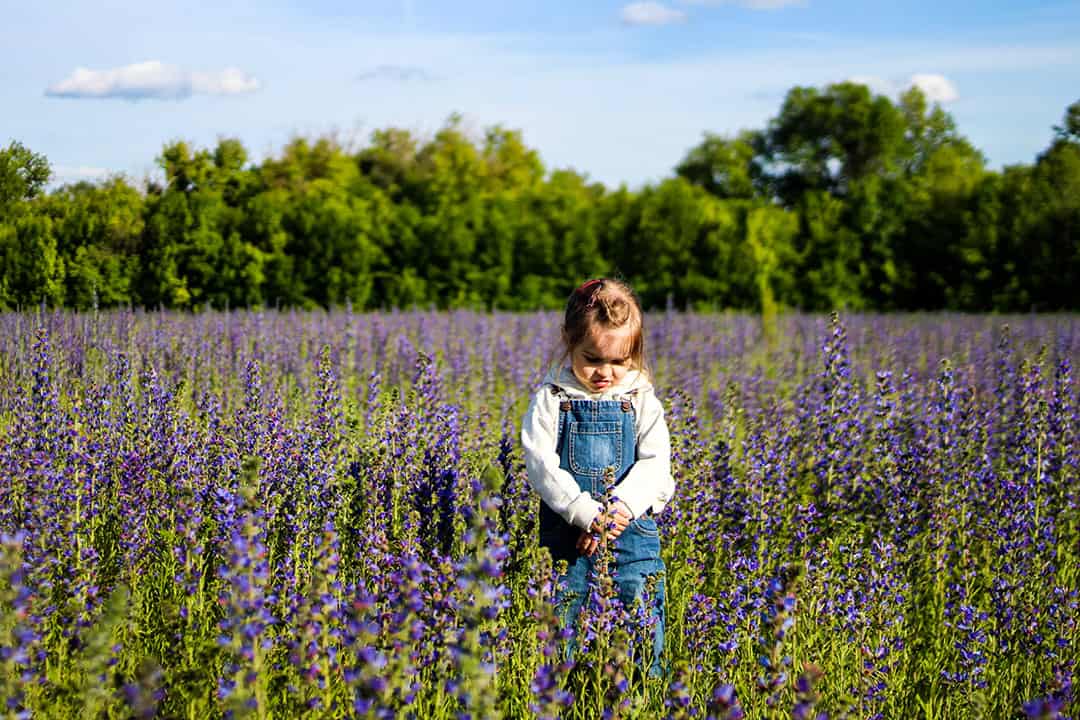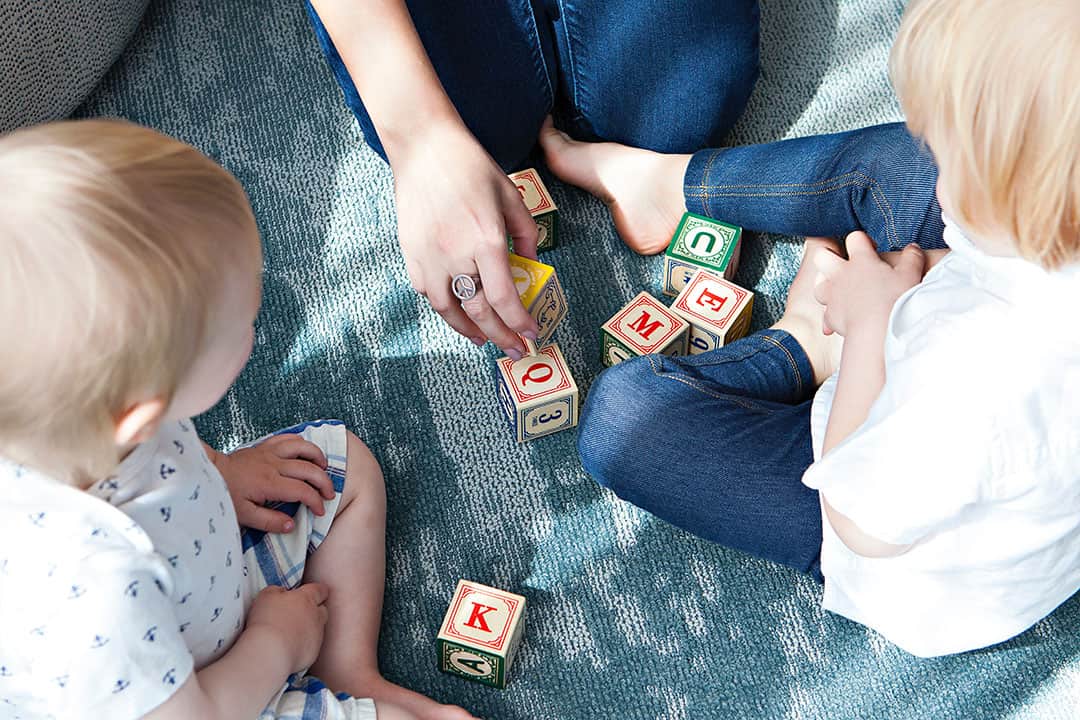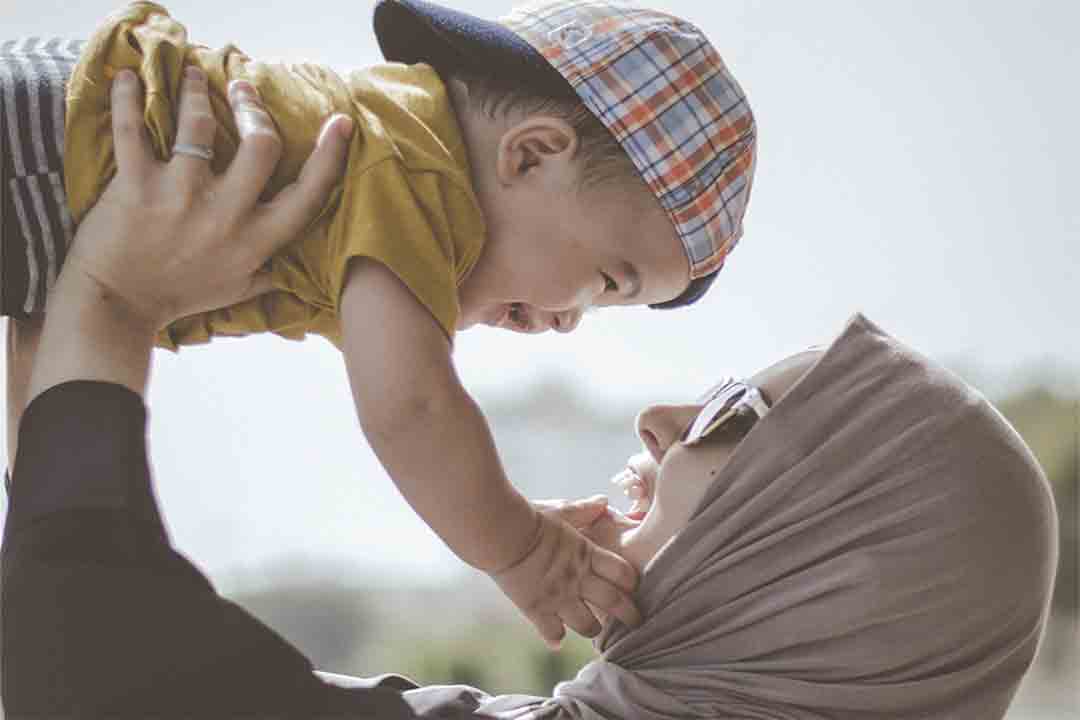Exploring the anxious insecure attachment style
This month’s theme, attachments, dives into the profound effect a parent-child or caregiver-child relationship has on the child. Early childhood experiences can shape a person’s life for years to come, as this is the time where their cell connections in the brain and the body are still being formed and consolidated. As a result, certain aspects of their self are moulded from a young age; such as their personality, behaviour, coping mechanisms and communication skills.
A simple thing like conceiving an unplanned child or carrying negative emotions or resentment towards said child is enough to make the child feel rejected and form an adverse parental attachment style, with ripple effects crashing into their teenage and adult life. According to research studies conducted in 2015 and in 2018, a child who picks up feelings of resentment, emotional hostility, indifference or rejection from their parents can grow to be rebellious, have low self-esteem, trust issues and exhibit emotional instability with the people around them. Before you ask, yes – this can be from both the mother and the father.

So, how do we know about our attachment style with our parent/child? Well, numerous psychological studies have narrowed it down to 3 main overarching frameworks: Secure attachment, Insecure attachment and Anxious attachment. Our last article talked about these research studies and the secure attachment style in more detail. This week we are exploring the anxious attachment style.
The anxious attachment style is an insecure attachment between parent and child, which falls on each extreme end of the attachment spectrum. As such, it is divided into 2: anxious-resistant and anxious-avoidant attachment
An anxious-resistant attachment style is when the child is resistant or ambivalent towards their parents or caregiver. The child will become distressed when separated from their parent but will not seem reassured or comforted when their parent returns, thus appearing to be clingy, moody and over-dependent. In some cases, the child even shows open anger and aggression towards their parent.
Children who are anxious-resistant may be wary of strangers and grow up to be reluctant in forming relationships with others, be it family members, friends or colleagues. In terms of romantic relationships, these individuals often exhibit distance and passivity in their emotions, and worry about their partner not loving them. This is a relatively uncommon attachment style but very tricky to deal with, as it can translate to social isolation and severe lack of self-confidence with time.

On the other hand, an anxious-avoidant attachment style is when the child avoids or ignores the parent/caregiver when they return. They do not show signs of distress, curiosity or explorative behaviour, and they are generally observed to be aloof from their parents. According to research, anxious-avoidant children are so because their needs are not frequently being met by their parent/caregiver, therefore they begin to believe that this relationship holds no value or influence in their life. The child will not reject their parents’ attention, but they will also not actively seek our any comfort or contact from the parents.
As adults, these children may invest very little time and energy into social and emotional relationships, and may be unwilling to share their true thoughts and feelings with others. The lack of their emotional needs being met during childhood will mean that they do not properly understand how to meet their partner’s emotional needs in adulthood. Additionally, they are less effective in dealing with stress and conflict, making them less likely to speak up and ask for help. Therefore, these individuals may have problems with intimacy, trust and relational security.

Reading this can make you think that there is no hope, but we can assure you this is furthest from the case! Our upcoming feature article for this month will look at the different parenting techniques that can help form secure attachments with children. Furthermore, there are a range of things that you can do if you notice an attachment style that is anxious-resistant or anxious-avoidant:
- Read up about the current research on attachment styles, but remember not to generalise your child based on what you read – every child is unique
- Attend a group session and share your experiences – you never know what information can help you in certain situations
- Seek help when you know you need it – there’s no shame in admitting you need external help or advise, so don’t let your ego stop you from speaking to a counsellor or psychologist
- Don’t dismiss couple’s therapy as an option – you or your partner may realise that certain behaviours are as a result of early attachments, but this doesn’t mean you can’t work through it.
The best thing is just to observe your child and learn more about them. It’s so tempting to label your child as difficult or in their own world (especially when others do it too), but don’t stoop to that. Every child is unique and intelligent in their own way, and we owe it to them to treat them in that way.

We’re not going to lie to you and say parenting is easy, because it’s not. Raising a child is hard work! That’s why heaven is under the feet of the mother and that’s why the father’s main duty is being the breadwinner for the family. Cultivating a healthy, happy and positive relationship is challenging, but know that you’re not doing it alone:
“Whosoever fears Allah and keeps his duty to Him, He will make a way for him to get out (from every difficulty). And He will provide him from sources unimaginable to him. And whosoever puts his trust in Allah, then He will suffice him. Verily, Allah will accomplish his purpose. Indeed Allah has set a measure for all things.”
Qur’an 65:2-3





For my opinion parents should not leave their children alone because it’s a gift from God and we should protect it no matter how the situation is that’s our duty like Allah says your money and your children is a war to you the parents so that’s the most important part in life for taking care of children. This is what I have to say about learning, it’s also very important on what you are doing for others.
Samaisine Hydara
As-Salaamun Alaykum,
Thank you so much for your feedback and adding to the discussion. It is true that a child’s formative years are crucial and having constant contact with the child during this time is very beneficial. Besides parents, contact with grandparents, cousins, and other family members is also a great way to build the child’s life view.
JazakAllah Khayr,
Sarah